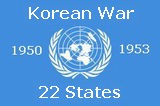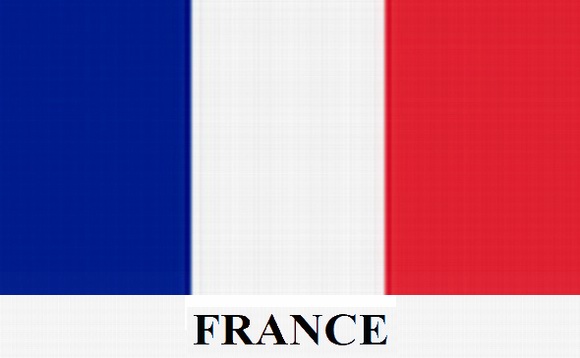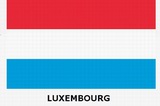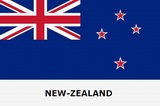5. Conclusions
The mobilization of the past in bilateral relations can produce interesting results. Sometimes it can cause unintended consequences. For example, French participation in the Korean War was mentioned in the course of a speech inaugurating an exhibition presenting Korean cosmetics and accessories held in Paris a few years ago.
It is indeed interesting to note how, beyond the war, the mobilization of the past is significant in bilateral relations. Not only does it serve as a pretext for negotiation or dialogue between officials from both countries involved, thus presenting opportunities of political and economic exchanges, but sometimes also it bears fruits at the lowest, individual level.
Henry Rousso has written about the memory processes in action, from amnesia, to anamnesia and hypermnesia [47]. Sixty years after the outbreak of the conflict, people are eager to know, while others remain reluctant to talk, to tell how these dramatic and tremendous days were. Some are still wounded in their souls; others are only now remembering anecdotes and short stories. Many veterans do not like to talk with journalists, who they believe are unable to understand military life, war, entropy, fear and death. Some veterans think that transmission is possible only with other military people, and do not talk about the war, even with their relatives.
The commemorations of the 50th anniversary led to at least one international conference in Europe, but in France nothing was done during a long time, though French scholars participated in the Brussels Conference [48].
In November 2003, an official agreement between the Korean Ministry of Patriots and Veterans and the French Secrétariat d’État aux Anciens Combattants (Secretary of State for Veterans) concerning the shared memory of the conflicts of the 20th century.
In 2010, the Institute of Strategic Research of the École Militaire (IRSEM) in Paris organized a similar conference for the 60th anniversary of the war, in 2010 [49]. While the generation of the war is vanishing, the concern for the transmission of memory is growing.
Many war records, tangible and intangible, have already disappeared [41]. The generation of the men and women who fought the war, or were the victims of the conflict passing away. In 2011, four of the surviving KATUSAs of the French battalion were invited in Paris by the French Association of the Korean War Veterans to participate in the ceremonies at the Arc de Triomphe, where the Heartbreak Ridge battle’s anniversary is commemorated each October 12.
The French Army Historical Department (Service Historique de la Défense) also published a volume devoted to the history of the French UN battalion in 2010 [50], echoing the book written in Korea in 2004, through the Kukkabohunchŏ (Ministry of Patriots and Veterans), which was, unfortunately, hastily written and therefore somewhat inaccurate [51].
Moreover, no official organism or private foundation managed to record in a systematic way the testimonies of the survivors, in order to transmit not only war experiences, but also recollection of a passed world.
“The past is a foreign country: they do things differently there,” wrote L. P. Hartley. The veterans of the Korean War, were the men who travelled through this country, and they sometimes know better than Koreans today about what was Korea in the 1950s, before the Han River Miracle, computers and skyscrapers, cell phones and K-Pop, when the common landscape was the paddy fields, slow oxcarts on the roads, and almost all people wearing the traditional white costume.
Though it cannot transmit the experience of the French Veterans; the “Path of the living Memory of the French Participation to the Korean War” could make people think about these men from the other side of the Earth who came to Korea to protect a still weak country attacked by its northern neighbor. In July 2013; a new French veterans was made; probably for the last of the mass commemorations with veterans from all allied countries.
South Korea is extremely generous with the Korean War foreign veterans, and is helping them through various actions to participate in ceremonies, at home or in Korea. Sometimes, the commemorations include only a memorial service, with troops and military band, flowers and speeches [52]. In some cases, there is also something like a show, especially in 2011 for the anniversary of the Chip’yŏng-ni battle [53]. Korean televisions are also active in the field, with veterans’ interviews and documentary movies, like those made in 2010 by KBS and YTN channels [54].
Some see this as a way to transmit war experiences indirectly and beyond, in order to build a closer relationship between the two countries. Ironically, mutual discovery and cross cultural exchanges can also emerge from war, chaos and destruction. Such memorial support can also strengthen already existing relations.
In 2011, the city of Saint-Mandé [55], near Paris, signed a twinning agreement with the Korean town of Yanggu [56] in South Korea, with the intention to develop not only cultural exchanges, but also students and youth exchanges and travels.
By allowing the future citizens of the two towns, already connected by the remembrance of the Korean War, to discover each other, to develop closer links between peoples over the seas, building a more peaceful world is perhaps possible, explained the officials.
The same is true with the construction of the “Path of the Living Memory”, which helps memory transmission and enhances not only bilateral relations but also friendship between individuals, despite borders, cultural differences, or geographical distance.
Conflicts of Interest
The author declares no conflict of interest.

















